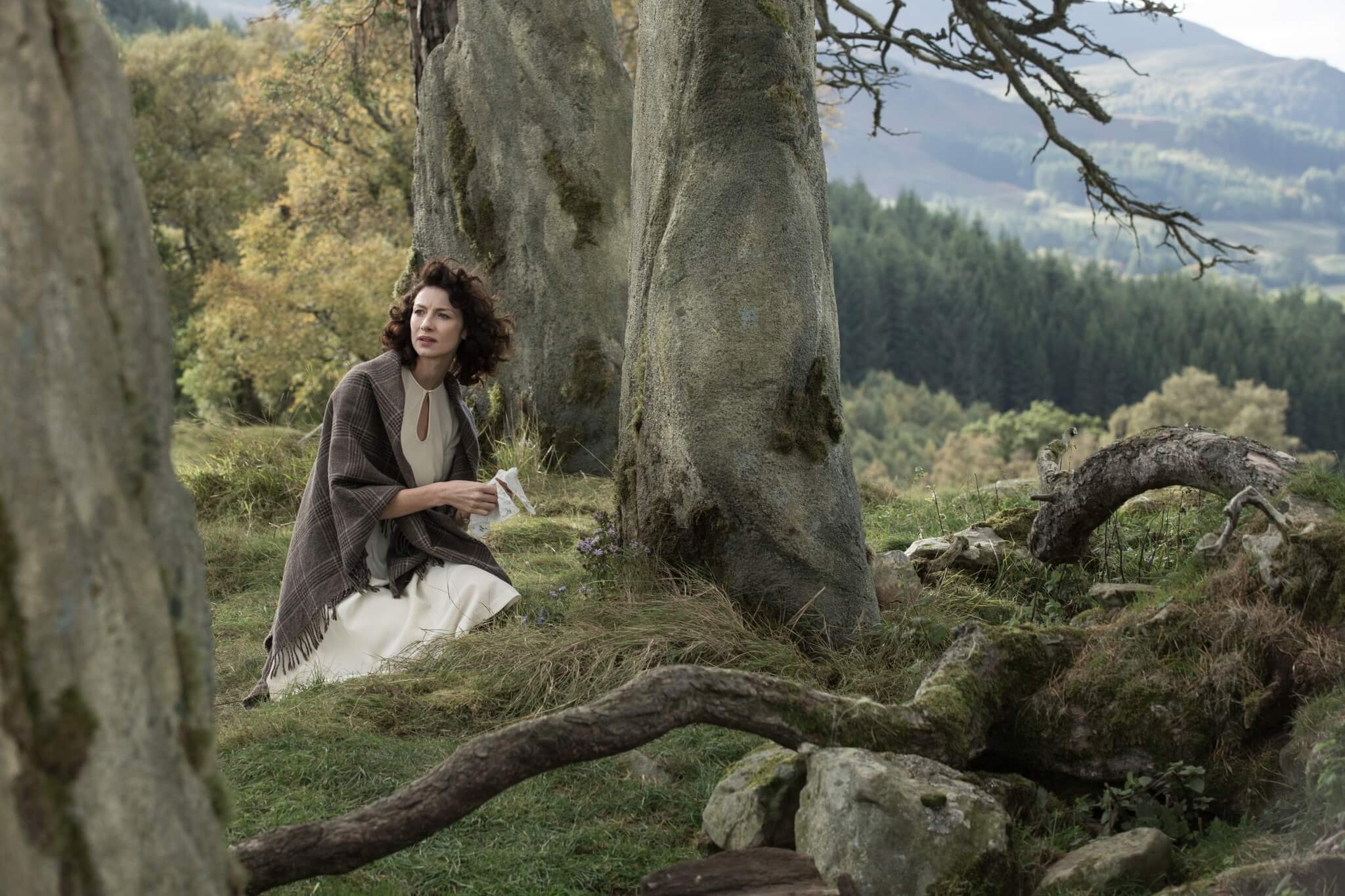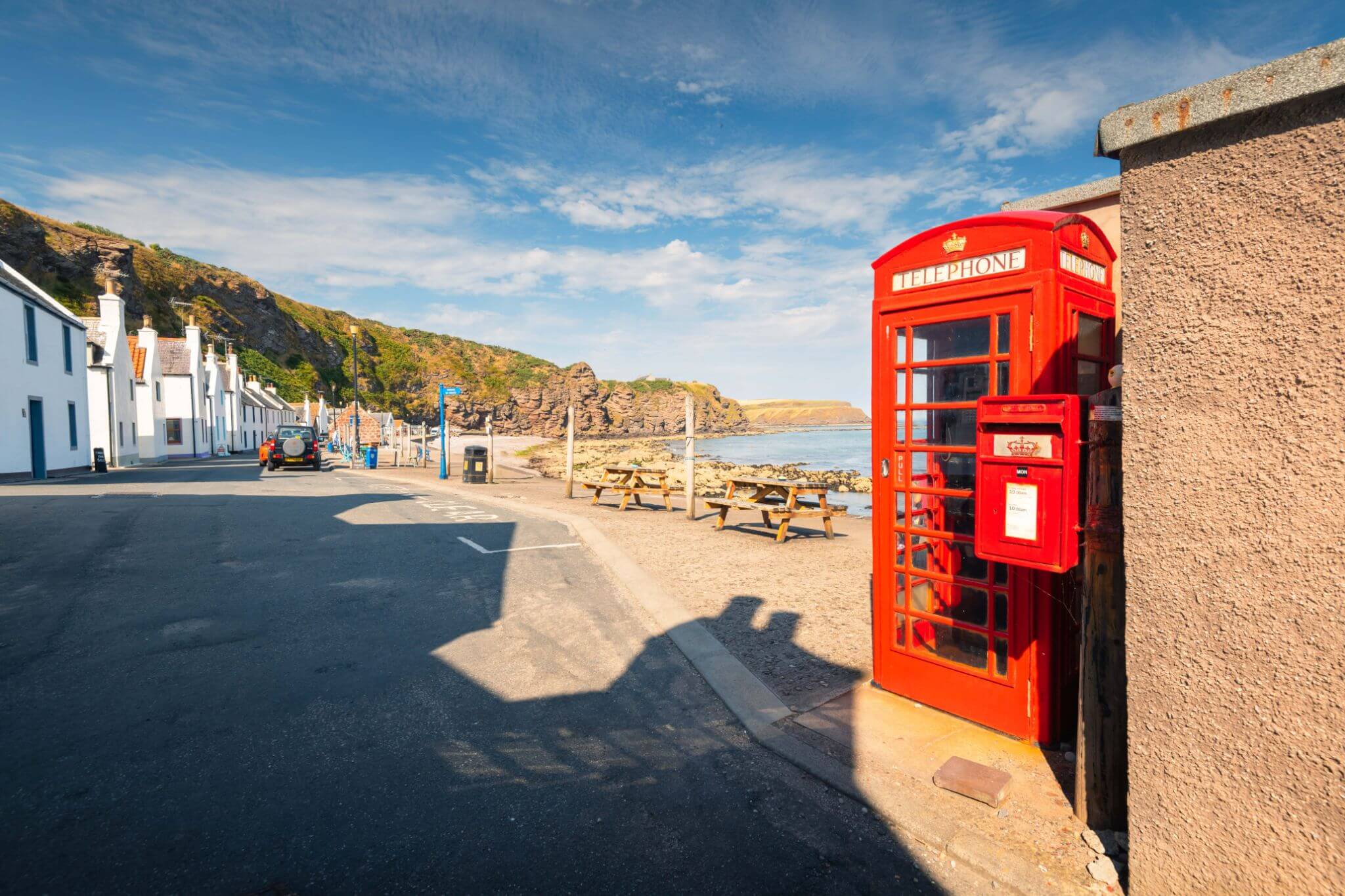The Atholl Highlanders tug of war
© Kenny Lam
- Home
- Inspiration
- Arts, Culture & Festivals
Scottish Culture & Uniquely Scottish Things
Scotland has a rich culture and heritage to explore. From the monster at the bottom of our loch to the prickly plant we use as our national symbol, here's a round-up of things we think make us special.
Find experiences
JavaScript needs to be enabled to see this product search form. You can turn this on in your browser settings.
Get to know Scotland
Find out more about Scottish culture from our kilts and tartan to our history, famous writers and epic myths and legends.
Whisky samples at the Clydeside Distillery.
© Digital Tourism Scotland / Matt Davis
What makes Scotland unique?
Ceilidhs, bagpipes, kilts and whisky - these are just a few traditions that make Scotland's culture special.
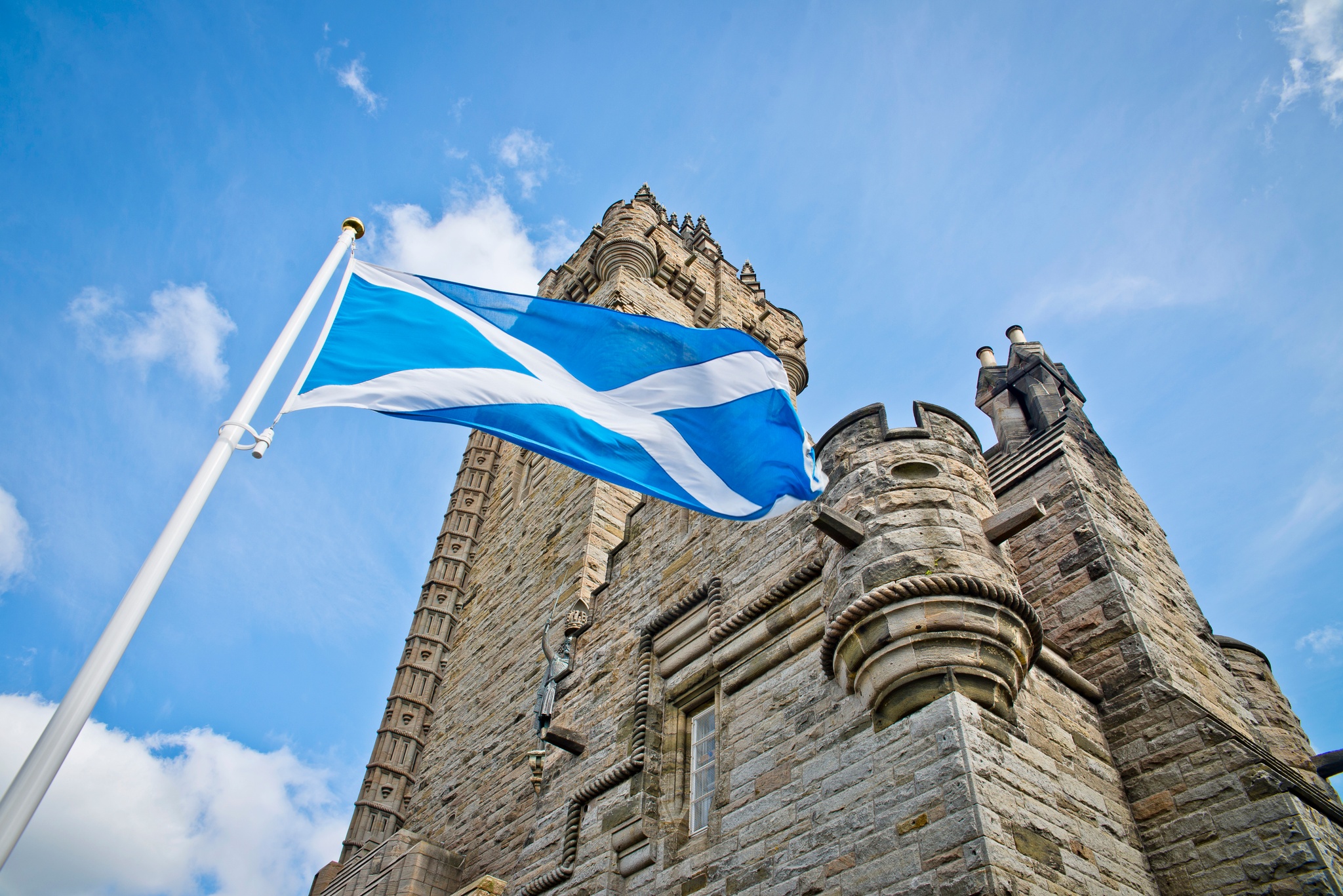
The Wallace Monument
© VisitScotland / Kenny Lam
Scottish history and tradition
Immerse yourself in Scottish history and find out more about our patron saint and ancient traditions.

A woman on a ladder organising a bookshelf at Topping & Company
Arts and culture
Explore Scotland's literary scene, listen to our traditional music and learn more about our national language, Gaelic.
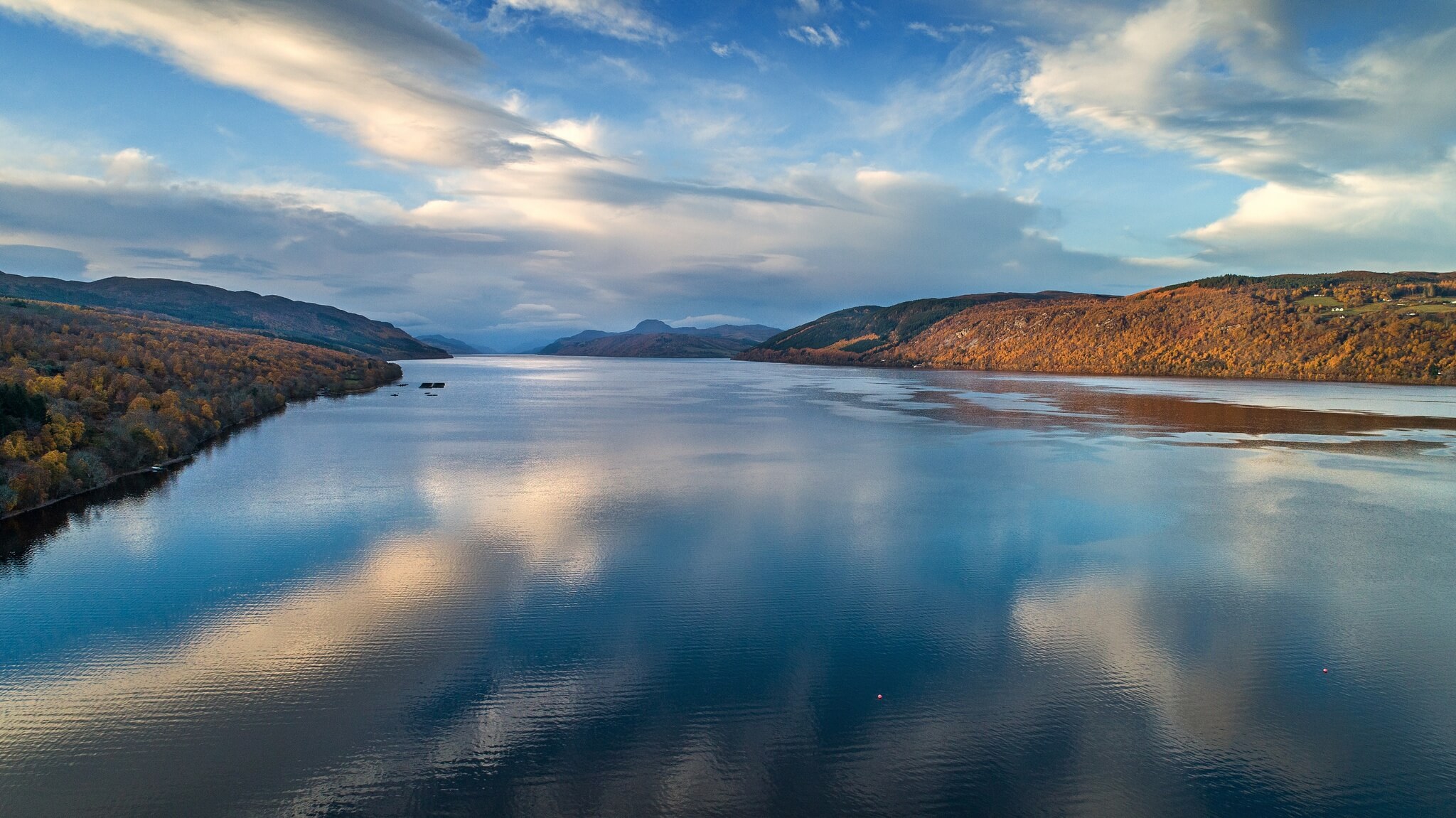
View of Loch Ness from Urquhart Castle
Epic myths and legends
Find out all you need to know about our most compelling stories and intriguing myths.
Cultural & sporting events
There's nothing like experiencing the best of Scottish culture or sports at one of our unique and atmospheric events throughout the year.
Sorry, something's gone wrong. We can't display this content at the moment.
JavaScript needs to be enabled to watch this video. You can turn this on in your browser settings.
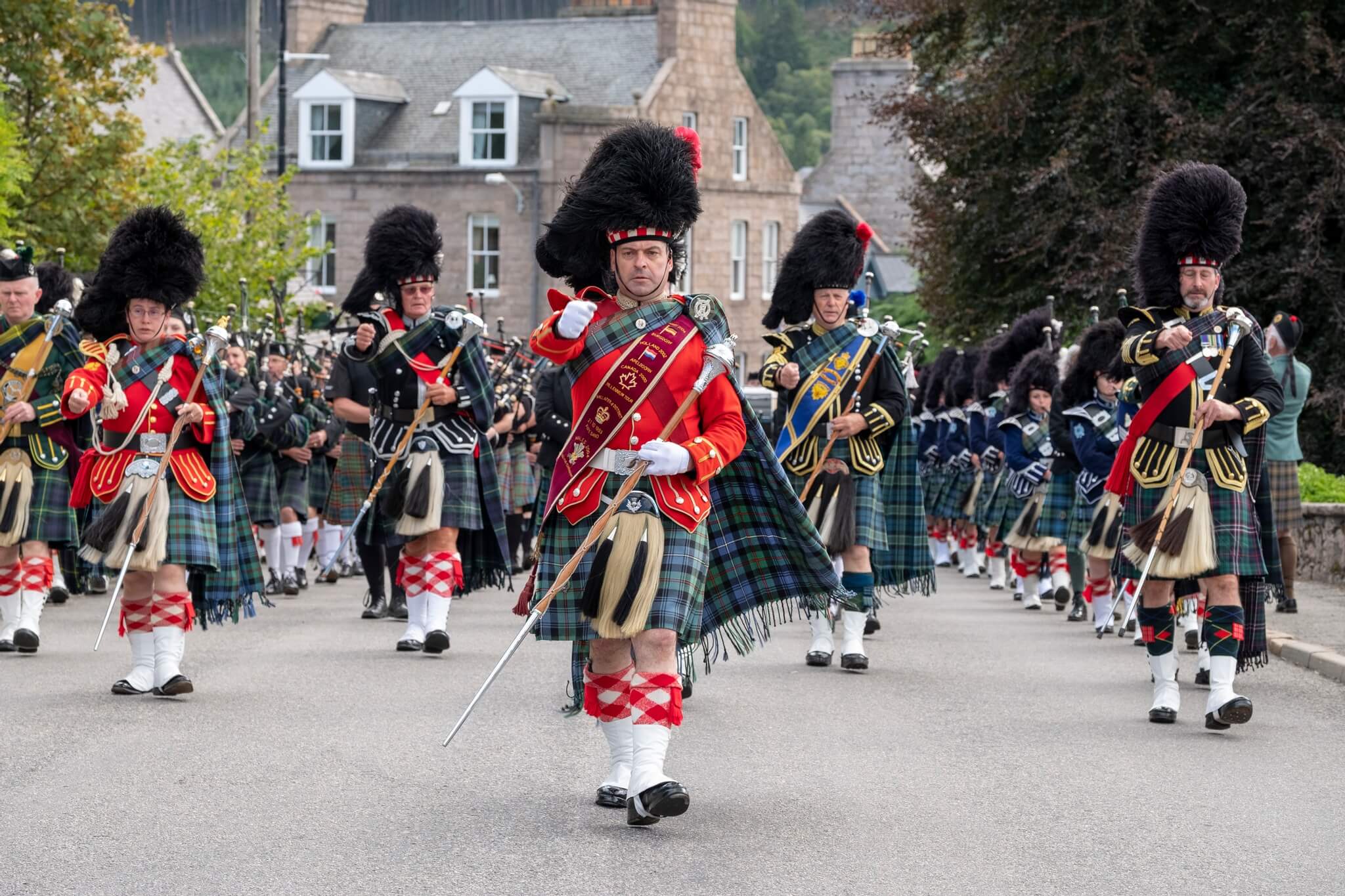
Sorry, something's gone wrong. We can't display this content at the moment.
JavaScript needs to be enabled to watch this video. You can turn this on in your browser settings.
Highland Games in Scotland
From the tug o' war to the caber toss, Scotland's Highland games are not to be missed.
Sorry, something's gone wrong. We can't display this content at the moment.
JavaScript needs to be enabled to watch this video. You can turn this on in your browser settings.
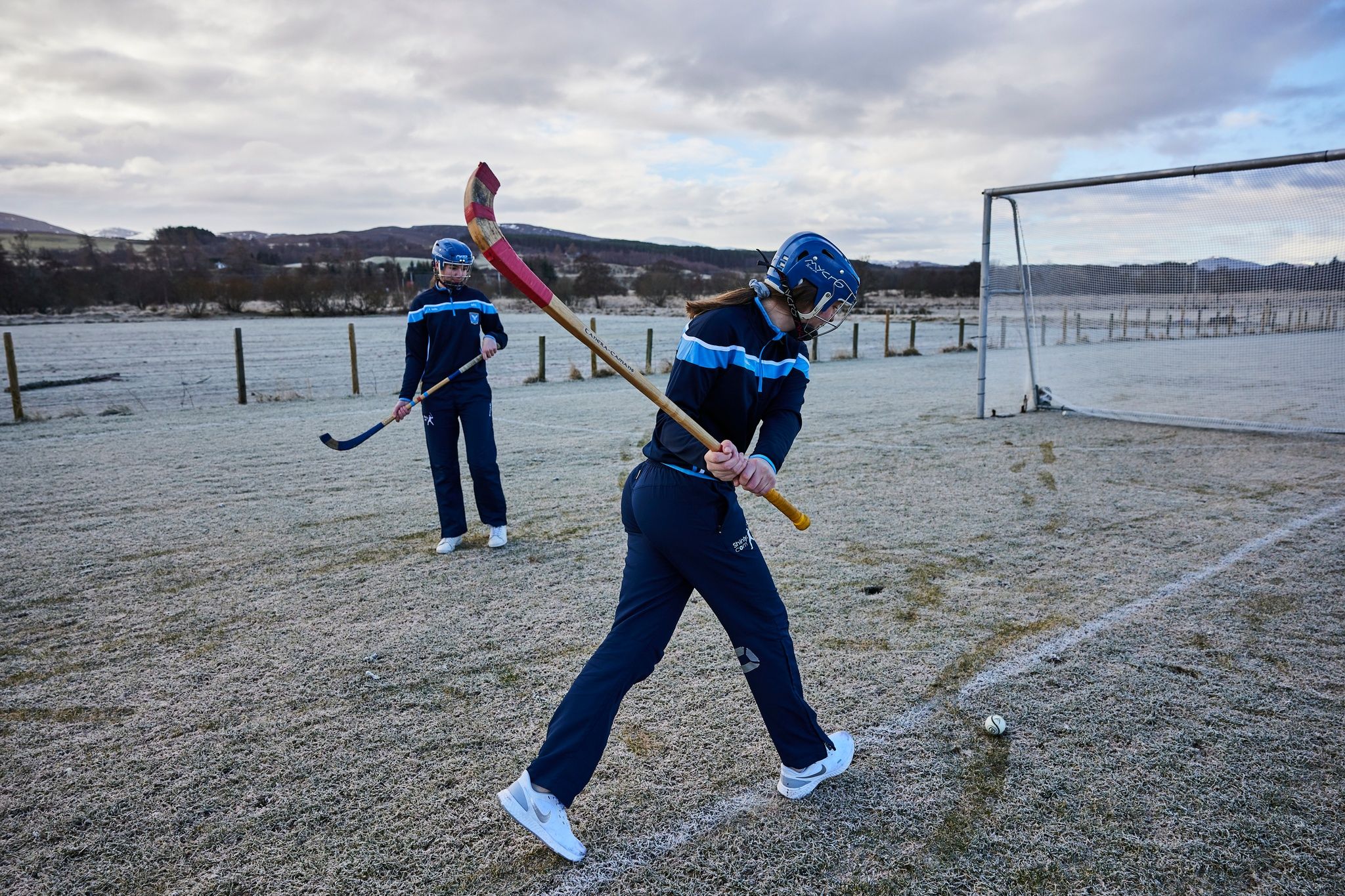
Sorry, something's gone wrong. We can't display this content at the moment.
JavaScript needs to be enabled to watch this video. You can turn this on in your browser settings.
Shinty
Learn more about shinty, a sport which is at the heart of many communities across the Highlands.
Sorry, something's gone wrong. We can't display this content at the moment.
JavaScript needs to be enabled to watch this video. You can turn this on in your browser settings.
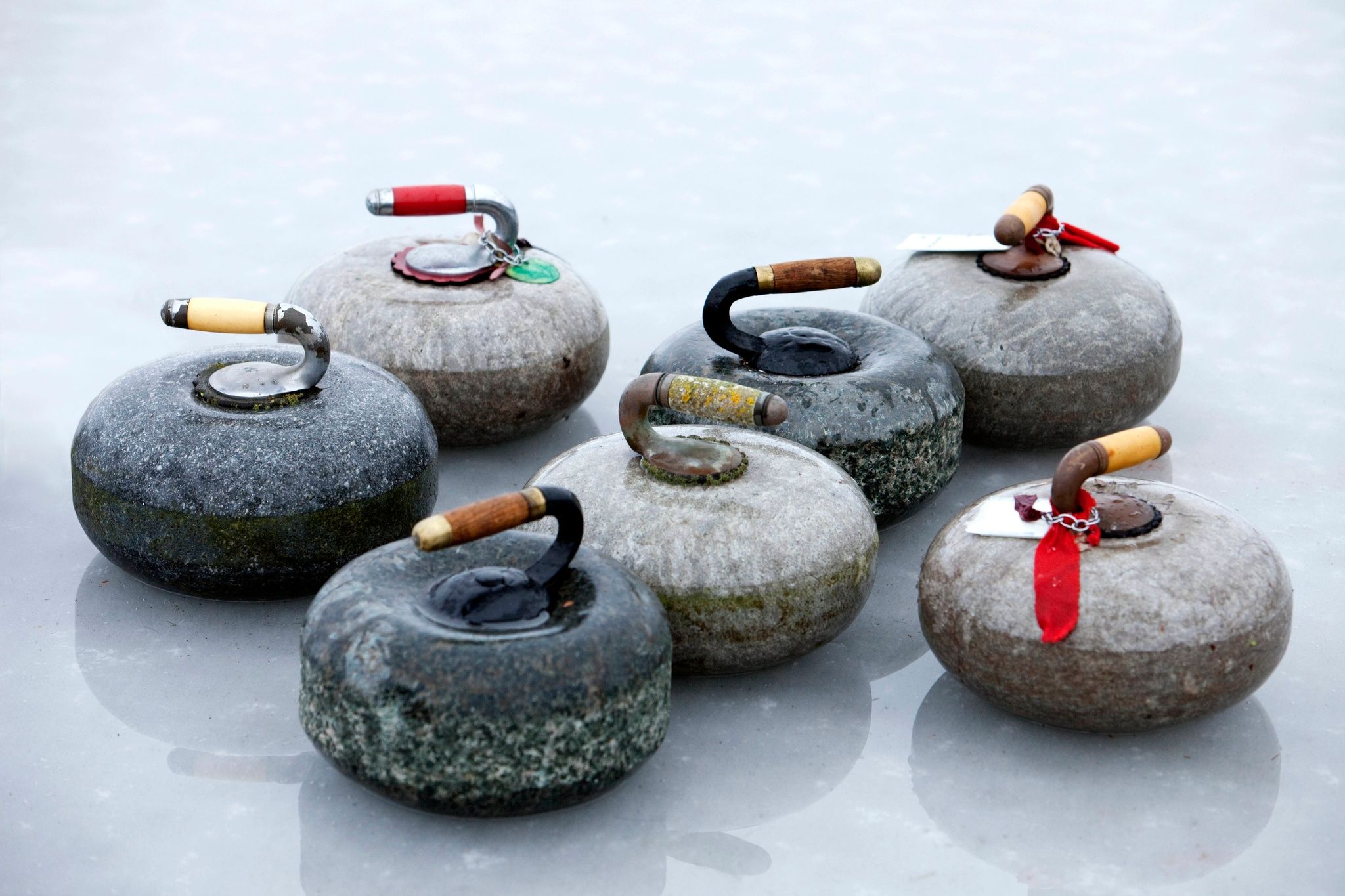
Sorry, something's gone wrong. We can't display this content at the moment.
JavaScript needs to be enabled to watch this video. You can turn this on in your browser settings.
Royal Caledonian Curling Club
Find out more about the sport of curling and how you can get involved.
Other things you might like
Join our Newsletter Clan
Get Scotland inspiration direct to your inbox. Don't miss the inside track from our Scotland experts on exciting trip ideas, unique attractions and hidden gems loved by locals.

